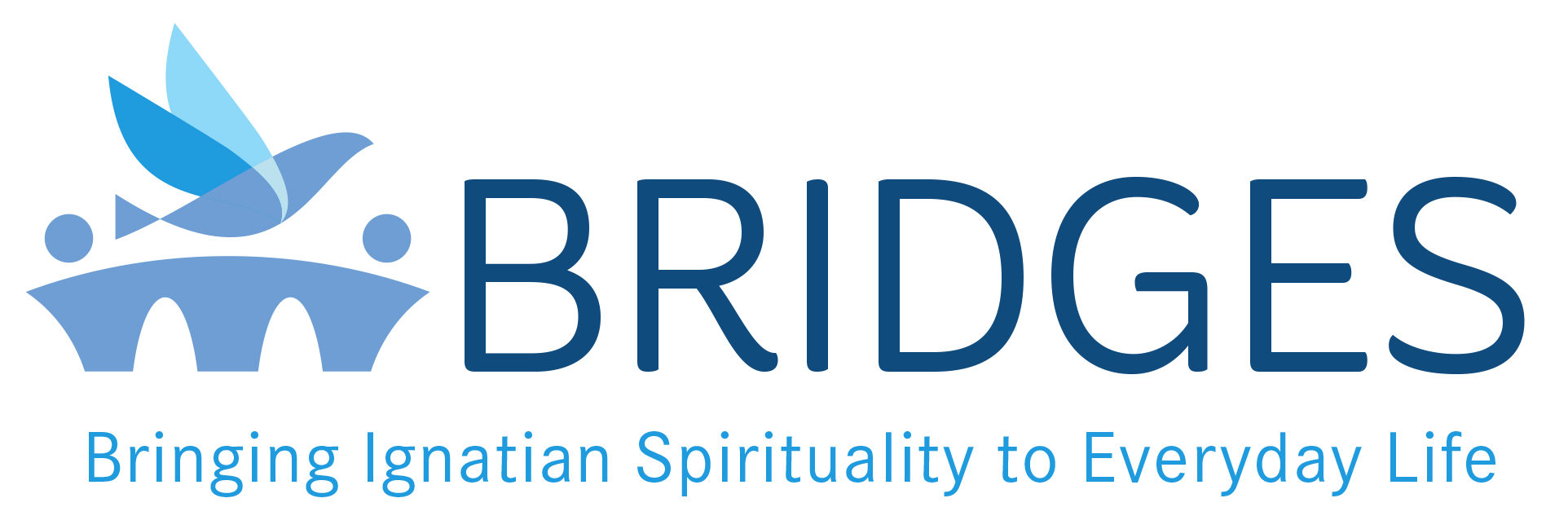by Steve Givens, executive director

Next week I will begin another year of guiding another person through the Spiritual Exercises of St. Ignatius Loyola. After a few weeks of “preparation days,” an introduction to this 500-year-old way of drawing closer to God, we will begin what is called “The First Week,” so named because the Exercises were originally created to be experienced over a period of thirty days.
This first week is a deep dive into our lives of faith and sin. It’s a time for recollecting and remembering where we failed and, perhaps, where we are still failing to live up to God’s idea for us and our lives.
Sin can sometimes be tough to wrap our heads around, especially in the 21st century when we are often challenged and prodded to make our own rules and set our own standards. I’m no moral theologian, and I certainly don’t write today as an arbiter of anyone else’s sin.
What I do believe (and what I tell my retreatants) is that we don’t spend time recalling past and present sins to hurl ourselves into unhealthy guilt and shame. We spend this time so we can be more aware of the power of grace and forgiveness. Some people leave their churches and their lives of faith because they can’t own up to their failures and sins. Sometimes those very churches and the people within them even make it difficult for them to return or make them feel unwelcome to do so. In those cases, sin and failure abound.
We need to realize what the prodigal son realized when — flabbergasted, I would like to think — he found himself standing in a field not far from his father’s house, not condemned but forgiven:
I am standing in my father’s field
where I have no right to be
embraced, somehow
despite sins and ugly choices
called son, yet undeserved
a robe across tired shoulders
a ring on a calloused hand
sandals on cracked soles.
This is a celebration to which I should not be invited
yet here I stand
a feast for sin replaced by mercy.
O happy fault that gives
life in death
joy for guilt
found lostness
grace amazing.
